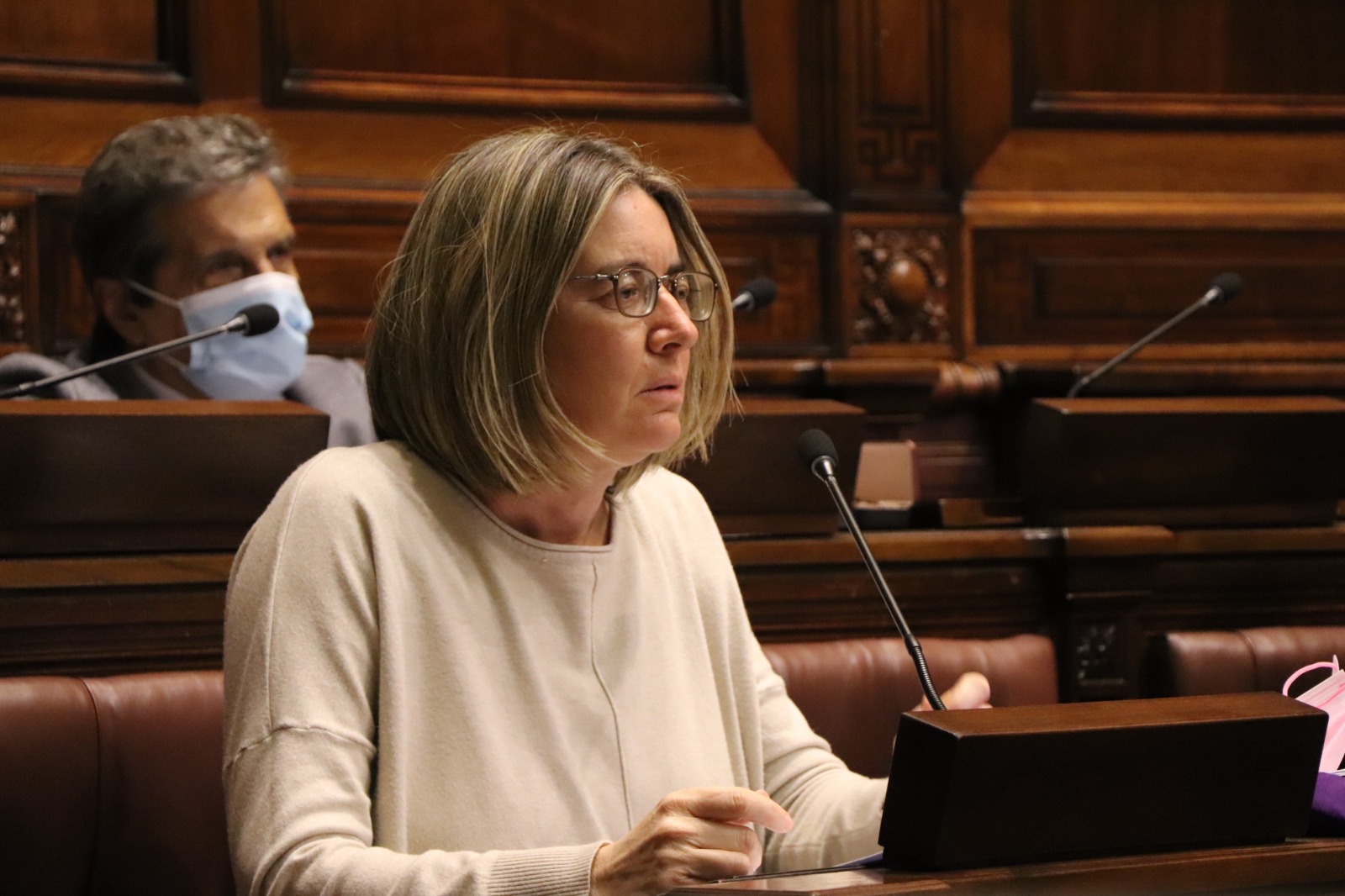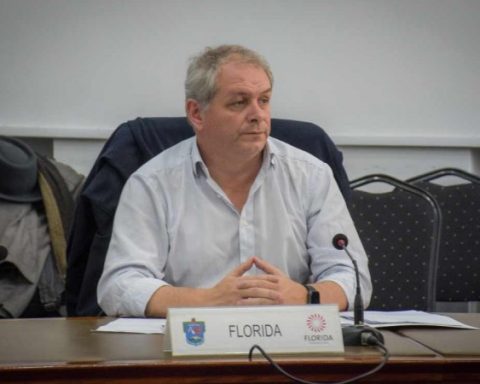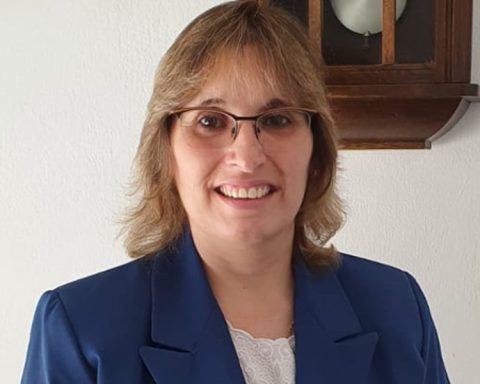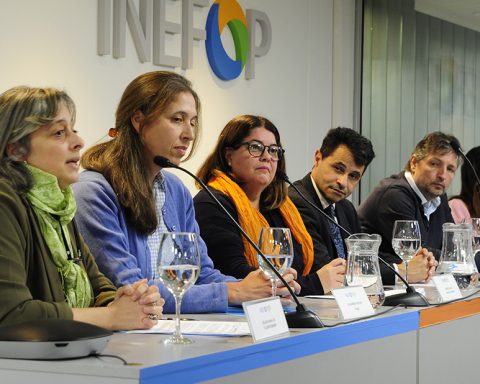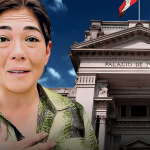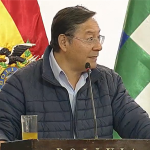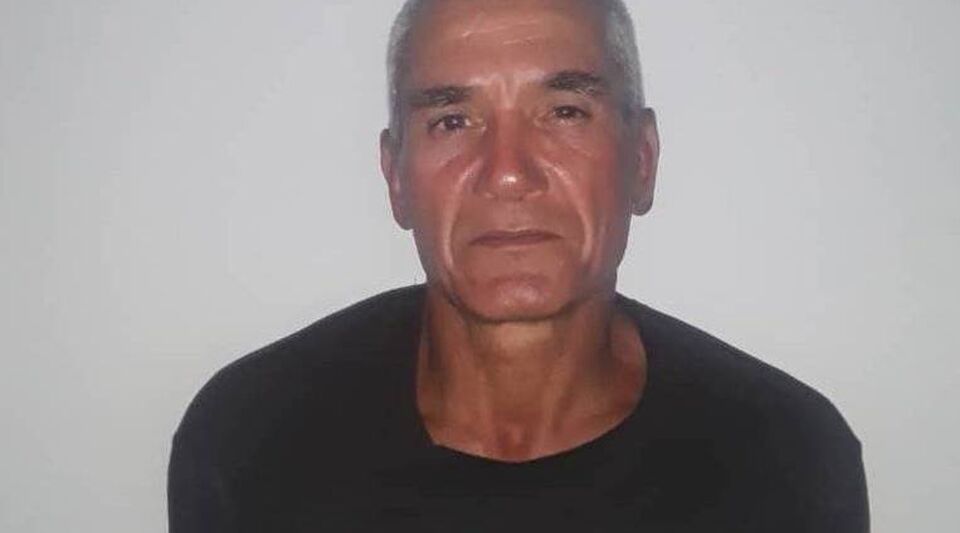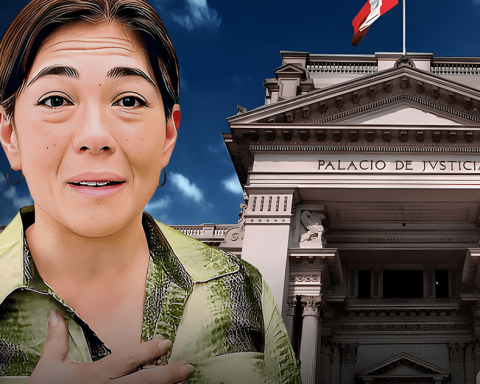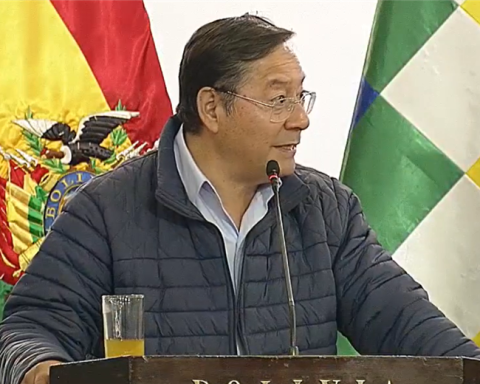The modifications made in the Senate to the bill on Advance Directive, which had been initially approved in April, was modified in May, and already has funds that arise from the Presentation of Accounts, were approved in the Chamber of Deputies by the Executive Branch.
One of the promoters of the project, the deputy of the Colorado Party for the department of Colonia, Ms. Nibia Reisch, in statements to Informativo Uruguay said that it is “a project for which we have been fighting for 7 years together with relatives of people who have addictions”.
Reisch indicated that the law, once approved, will be accompanied by resources that President Luis Lacalle Pou himself committed to allocate to areas of mental health and addictions.
“It is not a solution to this problem, but it is a tool that the families themselves have been demanding. Much remains to be done on this issue. There are thousands of families that do not have the tools to get a loved one out of a situation that denigrates them every day,” said the Colorado representative.
As of its validity, any person who suffers from an addiction, “will have the right to express their will in advance, consciously and freely”, to be subjected to the appropriate and indicated treatment for their detoxification.
What is advance directive?
The advance directive is the set of preferences that a person has regarding the future care of his health, his body and his life, which he decides when he is in full use of his mental faculties, anticipating the possibility that at some point future is unable to express those preferences and make decisions for themselves. It is related to dying well and dignity at any age. It is necessary to have tools that guarantee people the exercise of their rights regardless of age.
It can be understood as the anticipated and thoughtful decision, free of coercion or pain, that a person makes when he is of legal age and with lucidity, regarding being, or not, subjected to invasive medical treatments, means or procedures that seek to prolong his life when is in the terminal stage, with the aim of protecting the dignity of the person at all times. Therefore, the person decides how he wants complex health situations to be resolved at the end of his life; establish how you want to be assisted and cared for.
For example, if in certain conditions you do not want to be transferred to hospitals or intensive care units, or if the person does not want aggressive manoeuvres, interventions that do not contribute to recovery or involve unnecessary therapeutic zeal.
